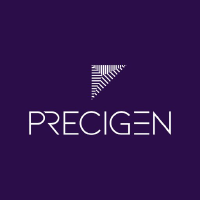
We could not find any results for:
Make sure your spelling is correct or try broadening your search.

 Valuator2
4 minutes ago
Valuator2
4 minutes ago
 Ray_137
9 minutes ago
Ray_137
9 minutes ago
 silkmaster
16 minutes ago
silkmaster
16 minutes ago
 OmniPro
21 minutes ago
OmniPro
21 minutes ago
 dinogreeves
23 minutes ago
dinogreeves
23 minutes ago
 Twister
27 minutes ago
Twister
27 minutes ago
 arizona1
28 minutes ago
arizona1
28 minutes ago
 JOoa0ky
29 minutes ago
JOoa0ky
29 minutes ago
 blownaccount9
30 minutes ago
blownaccount9
30 minutes ago
 dinogreeves
30 minutes ago
dinogreeves
30 minutes ago
 lodas
40 minutes ago
lodas
40 minutes ago
 me76951
44 minutes ago
me76951
44 minutes ago
 satter
46 minutes ago
satter
46 minutes ago
 arizona1
48 minutes ago
arizona1
48 minutes ago

It looks like you are not logged in. Click the button below to log in and keep track of your recent history.
Support: +44 (0) 203 8794 460 | support@advfn.com
By accessing the services available at ADVFN you are agreeing to be bound by ADVFN's Terms & Conditions